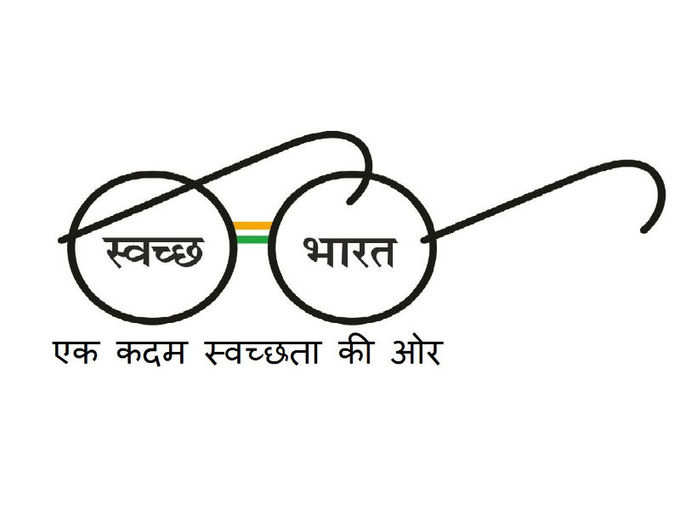 When Prime Minister
When Prime Minister India today is in a ‘sweet spot’ by the admission of our Finance Minister
Waste dumping is somewhat an embarrassing thing in the west. But, India seems to take pride in it, assuming as far as ‘my’ home is clean, the surroundings need not be worried about. The seeds of callousness have grown right from here. Waste dumping for Indians is as much a second nature as cutting or jumping a queue is. It is considered okay, and is usually even put up with just a whimper or less.
With this being the case, what can Swacch Bharat do to Indians? Well, for starters, we don’t have an NRI talking down upon us about the ‘dirty Indian’ habits. So, we need not go on the defensive. When the Prime Minister of the country is speaking of keeping the country clean, and that including our surroundings; it is perhaps time to sit up and take notice.
The fledging
Unfortunately for India, sanitation programmes in the past have merely remained slogans and gimmicks. Nothing has changed the way Indians have been looking at their waste problem, which is growing in leaps and bounds cities. As a result of increased consumerism, Indian villages near the urban pockets are turning into virtual dumpyards because the cities have neither managed their growth, nor their waste. A nearby village turning into a waste zone is the most knee-jerk and natural reaction of economic prowess the cities unleash on the hapless villages which may not even have political representation.
Oh well, we have a long history of failed or unsuccessful sanitation programmes, don’t we? In the past, the Central Rural Sanitation Programme (1986 – 99) failed because it was viewed as a programme that was focused on building toilets. The primary reason for its failure was, India hadn’t even addressed the issue of open defecation being harmful and the habit had to be changed.
The recycled Total Sanitation Campaign that came by failed to even lift the spirits that its predecessor had left behind. Later, the Nirmal Bharat Abhiyan that was launched in 2012 gave some important lessons as to how sanitation programmes couldn’t be conceptualized.
At the root of every failed sanitation programme is the ignorant Indian, or the Indian who is bound by his habits and culture. Unless we address the root of that, all sanitation programmes can use up public money and rest in peace.
With Swacch Bharat Abhiyaan/Mission something has begun to look up as far as the spirit is concerned. This is a very ambitious programme that can influence the behavior of millions of Indians who have remained as unchanged as they were, to the extent that they can make you think we are living in ‘stone age’. The urban areas are in a tearing hurry to change their image and catch up with their ‘swanky’ economy. What they aren’t realizing perhaps is they are equally contributing to the dirt problem on two levels. One being their consumeristic behavior, and the second one being the problem of migrants who come to urban areas in search of jobs and livelihood.
In both cases, there is a huge section of people who are left untouched and unaddressed with regard to the ‘
As of now, the campaign is using up the mite stirred by Prime Minister Modi. Social media being the most powerful weapon and Modi being the most promising and popular face, India can sure make some serious changes in the way it treats its waste.
Else, the time won’t be too far when the world will come to India with only those proposals that include dumping or processing of waste. At which time, the economic growth will make little or no sense.